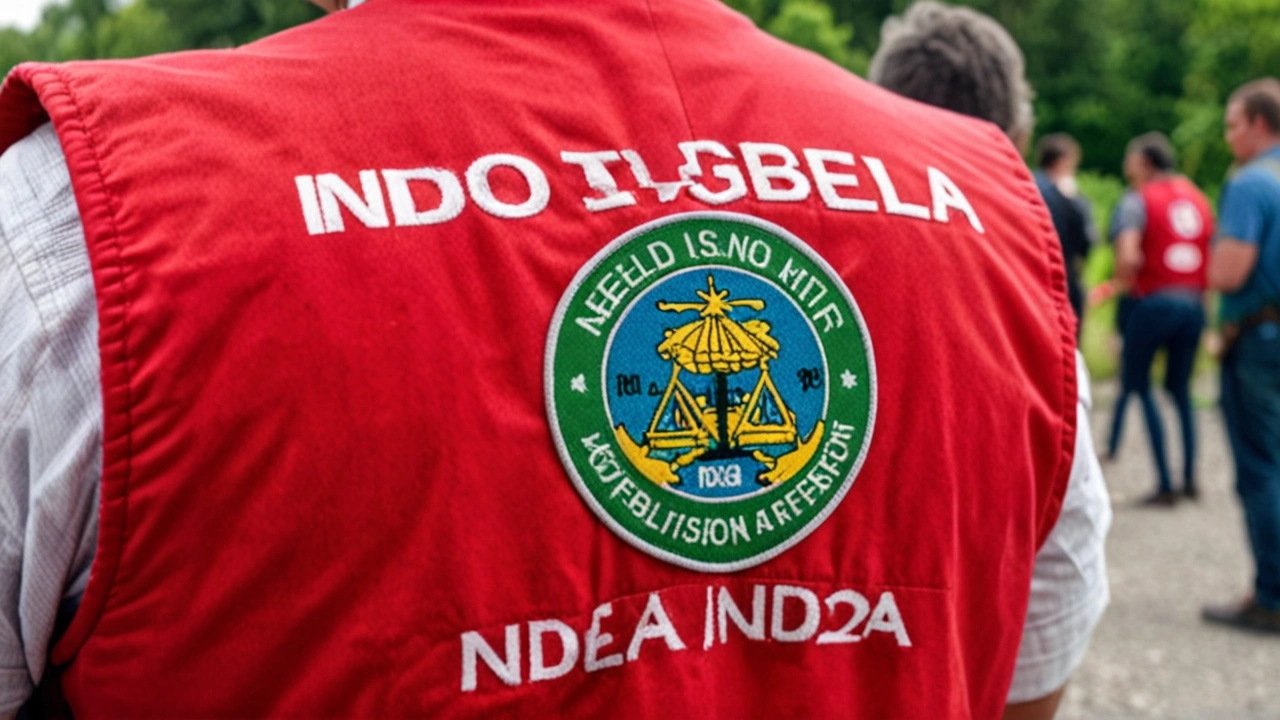Smuggling: what it is and why it matters
Smuggling is the secret movement of goods, people, or money to avoid laws, taxes, or controls. Think of it as a hidden economy operating alongside the legal one. It can involve small items like cigarettes or big operations like moving people across borders. Smuggling hurts local businesses, funds crime, and can put lives at risk.
Common types and methods
There are a few patterns you’ll see over and over. Goods smuggling moves banned or taxed items—drugs, weapons, wildlife, or counterfeit products. People smuggling and human trafficking look similar but differ: smugglers help people cross borders illegally, while traffickers exploit people for work or sex. Money laundering and cyber-enabled smuggling hide where money comes from.
Methods change with technology. Routes include hidden compartments in vehicles, fake shipping documents, drones, or small boats. Online markets and encrypted chats help arrange deals. Sometimes legal businesses are used as fronts to disguise volume and flow. That’s why a single sign rarely proves smuggling—patterns do.
Why smuggling keeps going
Smuggling thrives when demand is strong and enforcement is weak. High taxes or bans create profit opportunities. Corruption or porous borders make it easier. The internet lowered the cost of finding buyers. Smugglers adapt fast, using new tech and shifting routes when officials close one path.
The consequences are real. Smuggled goods can be dangerous—fake medicines or unsafe food. Smuggling fuels organized crime and violence. Communities lose tax revenue and jobs. Victims of trafficking suffer abuse, debt, and long-term trauma.
How to spot smuggling and what to do
Look for patterns, not single signs. Unusual deliveries at odd hours, repeated small parcels to the same address, or lots of cash-only sales are red flags. Vehicles with modified compartments or frequent short trips to border areas can also signal trouble. For people, watch for someone who seems controlled, has little freedom, or gives inconsistent stories about their situation.
If you suspect smuggling, don’t confront anyone. Collect details you can safely share: times, descriptions, licence plates, or photos if it’s safe to take them. Report to local police, customs, or a national hotline. Many countries and NGOs have anonymous reporting options. Your tip could stop abuse or a dangerous shipment.
Communities play a big role. Support local businesses, ask questions about unusually cheap goods, and push for transparency in supply chains. Demand better border controls and stronger penalties for corruption. Small actions add up and make smuggling less profitable.
Smuggling is adaptable, but not unstoppable. Knowing the signs and reporting concerns quickly helps protect people and local economies. Stay aware, stay safe, and pass on reliable information when you see something off.
- July 15, 2024
- Comments 13
- World News

